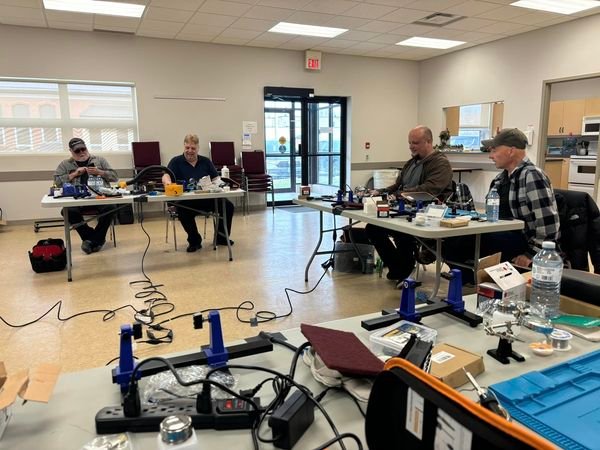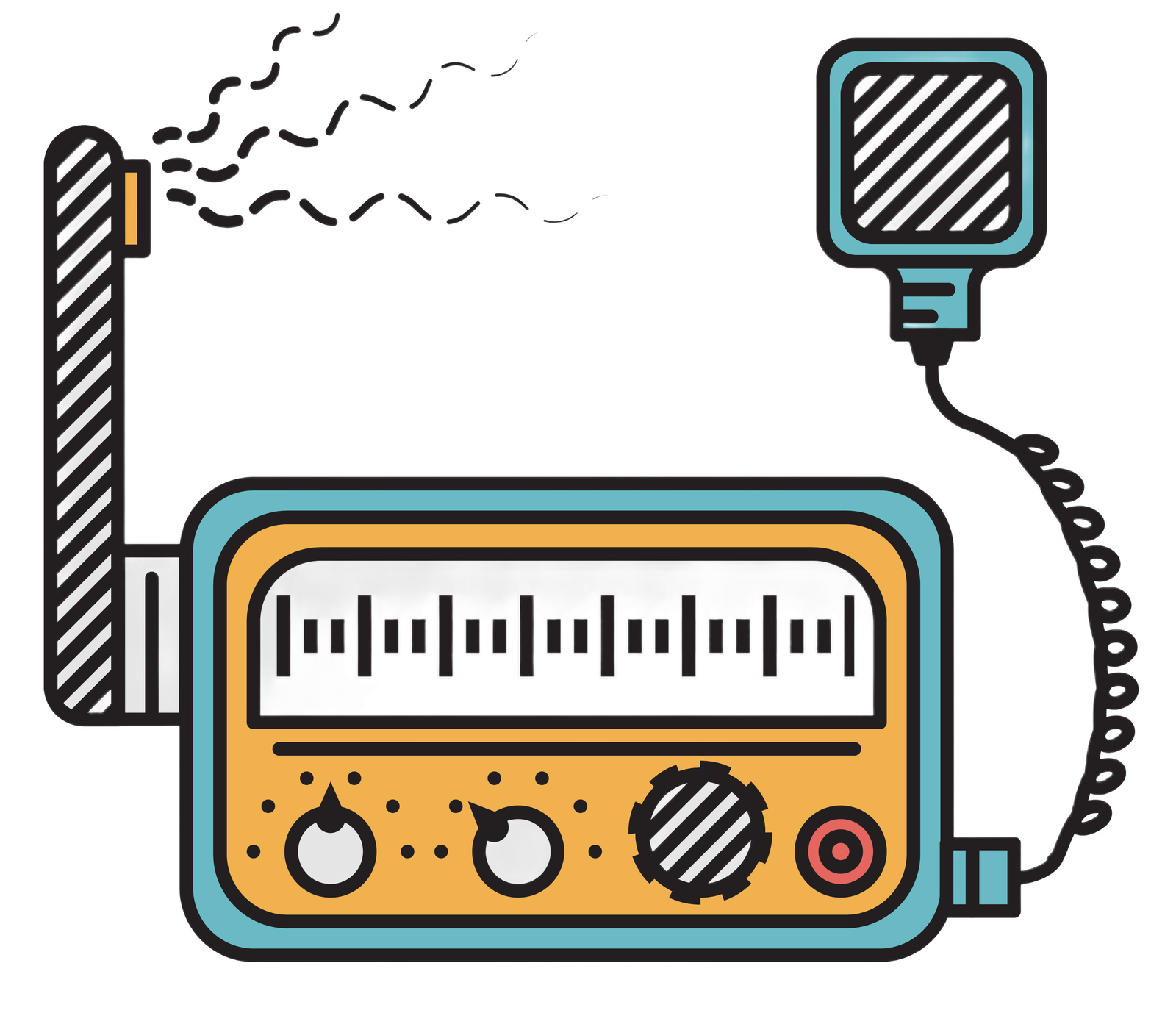The Peterborough Amateur Radio Club is hosting a virtual Basic License Course that Starts January 13th 2024 @ 7PM
Cost is $60
The Course will be conducted Virtually via Google Meet. Any outside participants that wish to take the course with PARC are welcomed to do so, and in person or remote exams are available after the completion of the course, and included in the cost. The $60 fee also includes a free membership to PARC for the remainder of the Calendar Year.
Recommended Study Material Can Be Purchased Here, it is recommended that you purchase the book for later reference, but a loaned copy of this material (for Peterborough area participants) can be arranged if you do not want to use the book after the completion of the course.
This course is focused on what you need to learn to pass the exam only, and a workshop will be hosted in Peterborough at a later date for New Hams.
Contact education@ve3pbo.ca for more information.




